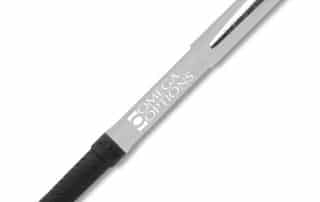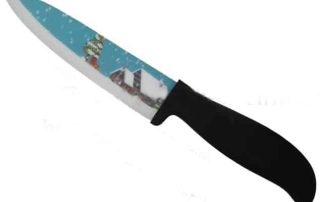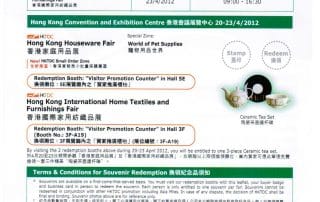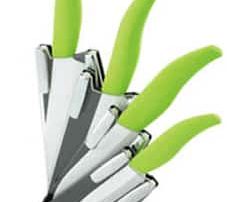Ceramic Products distributed by ODM take at least 14 days to manufacture. There are a wide range of ceramic products that have been baked at high temperatures. Among the most common ceramic products in the market are tableware and Chinaware. With any product intended for human use there are tests required, and for the case of Ceramic there are a large amount that need to be passed.
Testing Ceramic Products
Alongside testing for Microwave and Dishwasher capability, the most common type of testing involves testing whether there is a Toxic Metal Release of Ceramic Ware. Determination of release of lead and cadmium from glazed ceramic and similar materials that are used in contact with food. Contact conditions are defined for assessing leachable metals into a food/drink simulant. The BS standard does not define limits, these are defined by 2005/31/EC amending 84/500/EEC 15 Oct 1984.
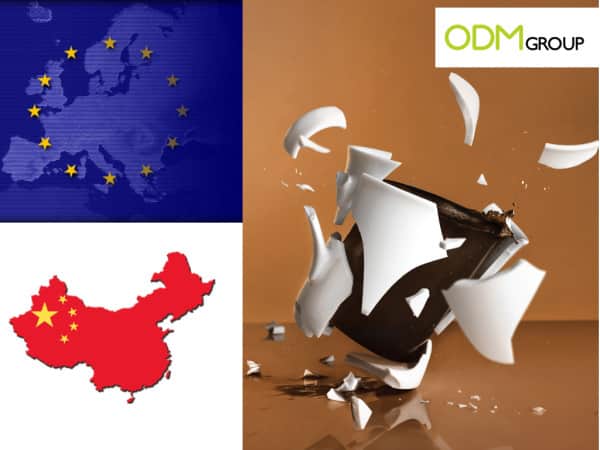
Testing Ceramic Products
Since 2012, the European Commission (EC) has been revaluating the leaching of lead and cadmium from tableware in contact with food/drink, in response to studies conducted by the European Food Standards Agency (EFSA). The EC proposed a dramatic reduction in permissible levels; by 60 times for cadmium and 400 times for lead.
Directive 84/500/EEC, current and proposed limits:

Testing Ceramic Products
Types of Testing Ceramic Products
- ISO 6486 – Ceramic ware in contact with food
- EN 1388 – Determination of release of lead and cadmium form ceramic ware
- ISO 8391 – Ceramic Cookware release limits for lead and cadmium
- ASTM C738 – Lead and cadmium from glazed ceramic surfaces
- ASTM C927 – Lead and cadmium extracted from lip and rim areas of glass and ceramic ware
- Proposition 65 – California’s Safe Drinking Water & Toxic Enforcement Act including lip rim test and total immersion testing to ASTM methods
- American FDA Metal Release Test and lip and rim test to ASTM methods
- Full range of metal release for other countries including Australia, Canada, Columbia, Finland, Japan, Korea, Mexico, New Zealand, Norway, Russia and Turkey can be conducted
